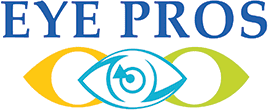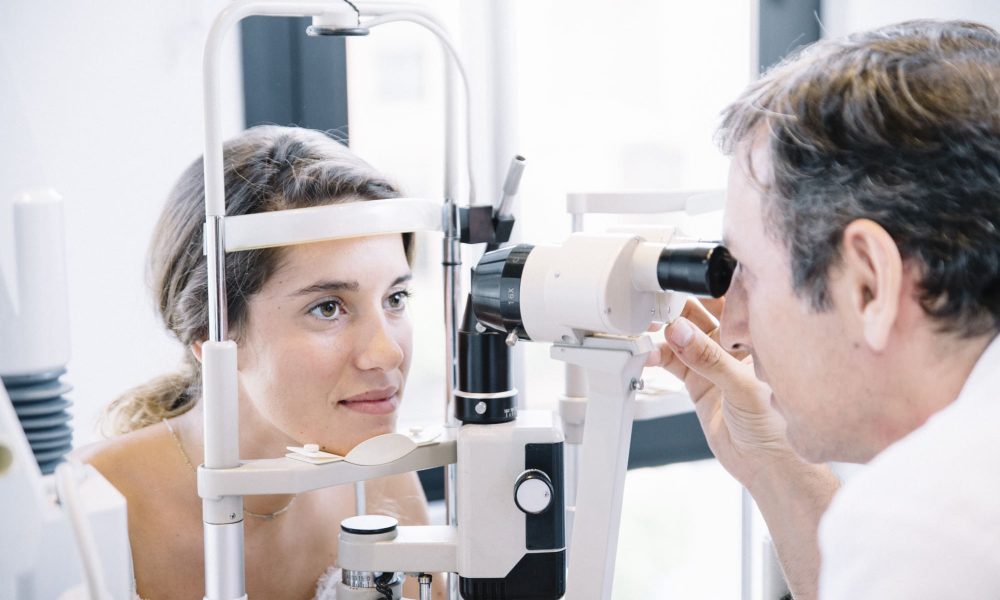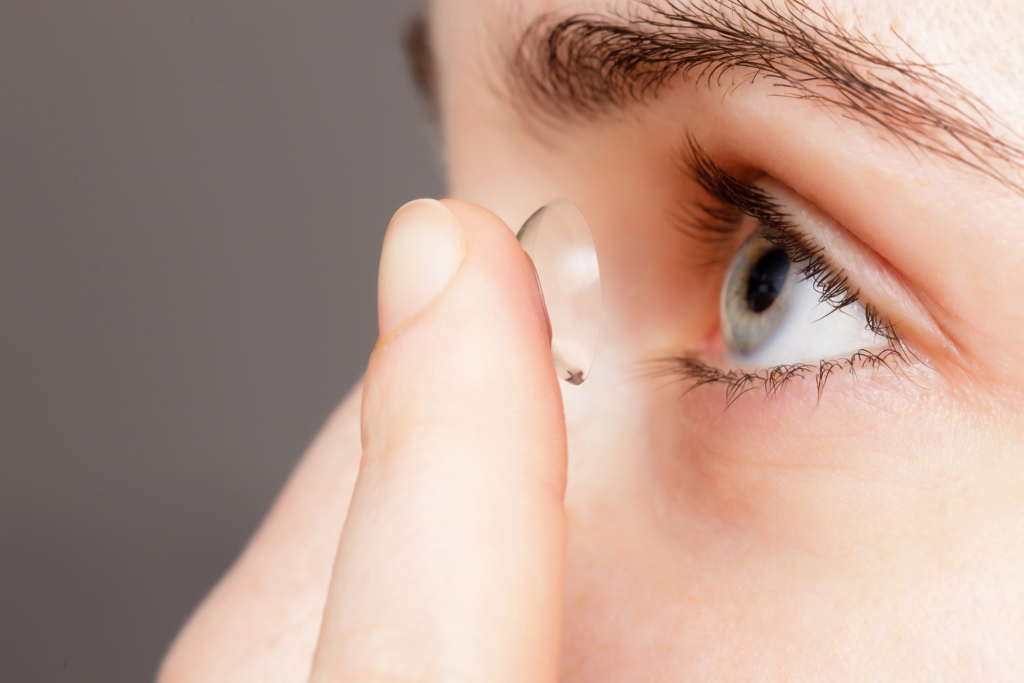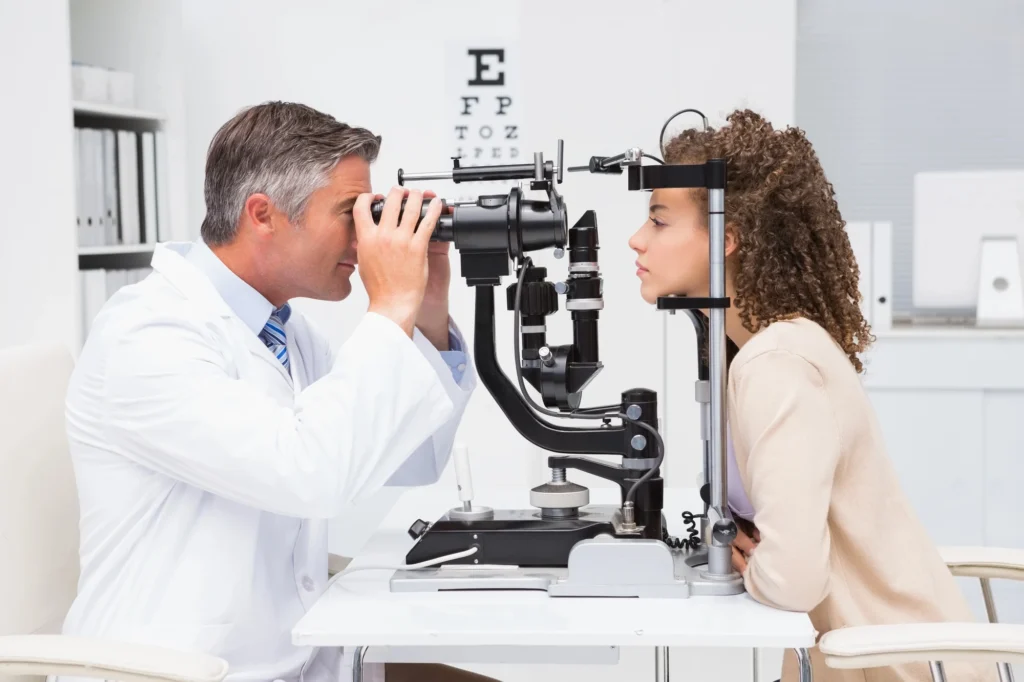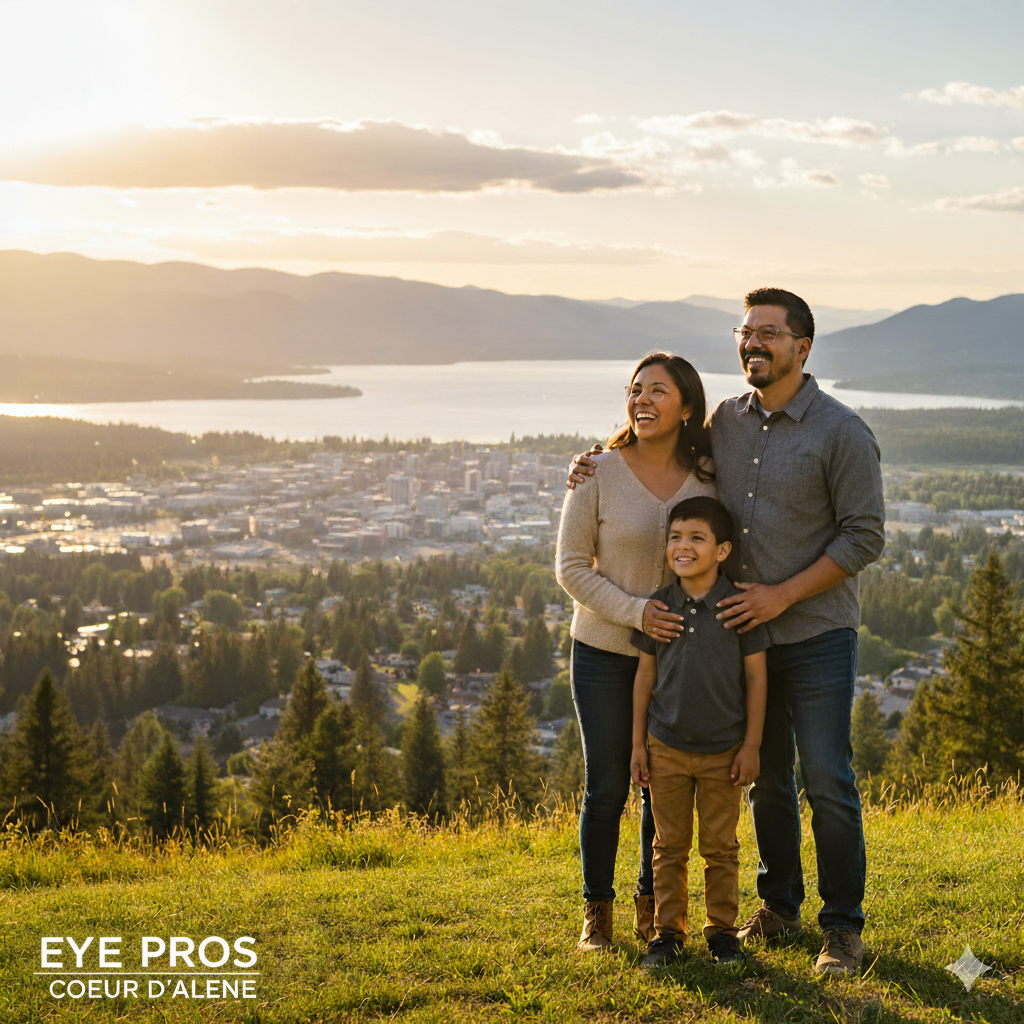Did you know that only around one in three of us has 20/20 vision without glasses or contact lenses?
If you don’t have perfect vision, the right contact lenses or prescription eyeglasses can fix that for you.
Many of us will visit the eye doctor if we notice our eyesight is changing, but it’s important to schedule an annual eye checkup, well, to keep an eye on things.
Read on to learn some of the most important reasons to get your yearly eye exam.
1. Keep Your Prescription Up-to-Date
One of the primary reasons for an annual eye exam is to ensure your prescription for glasses or contact lenses is still accurate. Vision can change subtly over time due to age, lifestyle, or health conditions.
- Why is it important? Wearing an outdated prescription can cause eyestrain, headaches, and even worsen your vision. Your eye doctor will check your current prescription during the exam and make any necessary adjustments to keep your vision clear and comfortable.
- How often should you get your eyes checked if you wear glasses? For those who wear glasses or contact lenses, it’s recommended to have an eye exam every year to monitor changes in your prescription and ensure your vision correction is up to date, especially if you’re considering switching from glasses to contacts.
2. Detect Eye Conditions Early
An eye exam isn’t just about checking your vision; it’s also about monitoring your overall eye health. Conditions like glaucoma, cataracts, and diabetic retinopathy can develop without noticeable symptoms.
- What tests are done during an eye exam? A comprehensive eye examination procedure includes tests for visual acuity, eye pressure, and a thorough examination of the retina. These tests help detect potential issues early before they cause significant damage.
- What happens if you don’t get your eyes checked? Without regular check-ups, these conditions may go undetected until they have progressed significantly, potentially leading to irreversible damage. Early detection through an annual eye exam can prevent vision loss and allow for more effective treatment options.
3. Catch Other Health Issues Early
Did you know that your eye check-up can also spot signs of other diseases that aren’t directly related to the eyes? An eye examination can reveal indicators of health conditions like diabetes, high blood pressure, and even brain tumors.
- How? The blood vessels and nerves in your eyes are closely linked to your overall health, making your eyes a window into other potential issues. Regular eye exams can help detect these problems early, allowing for timely intervention.
4. Ensure Your Safety
Having clear vision is essential for staying safe, whether you’re driving, working, or enjoying recreational activities. If your eyesight has deteriorated, it can slow your reaction times and increase your risk of accidents.
- Why is it crucial? Regular eye exams ensure that your vision is sharp enough for all your daily tasks, helping to keep you and those around you safe.
5. Succeed in School or Work
Annual eye exams are equally important for children and adults. Poor vision can significantly impact performance in school or work, leading to difficulties in reading, writing, and focusing on tasks.
- Why yearly eye exams are so important: Yearly eye exams are essential for everyone. Regular exams help ensure that your vision correction is accurate, your eyes are healthy, and any early signs of eye conditions are detected and treated promptly. These exams are crucial for monitoring eye health and detecting potential issues that could affect your overall vision and well-being.
6. Update to the Latest Options
Eyewear technology is constantly evolving, with new options for lenses and frames being introduced regularly. By visiting your eye doctor annually, you can stay informed about the latest advancements that may benefit your vision.
- What is the best time for an eye check-up? The best time for an eye check-up is typically in the morning when your eyes are well-rested. However, any time of day works as long as it fits into your schedule and ensures you don’t skip this important annual routine.
7. Prevent Vision Loss and Maintain Eye Health
Regular eye exams are crucial for preventing vision loss, especially as you age. Conditions like macular degeneration, glaucoma, and cataracts can be managed effectively if caught early.
- How long should an eye test last? A comprehensive eye exam typically lasts about 30 minutes to an hour. This includes various tests to assess your vision and eye health, providing a thorough evaluation of your eyes.
FAQs
How often should you get an eye test?
It’s recommended to have an eye test every year, especially if you wear glasses or contact lenses, or are over 60. Annual exams help monitor changes in vision and detect any potential eye conditions early.
How long does an eyesight test last?
A comprehensive eyesight test typically lasts about 30 minutes to an hour. This includes various tests to assess both your vision and overall eye health.
What is the best time for an eye check-up?
The best time for an eye check-up is usually in the morning when your eyes are well-rested. However, any time that fits into your schedule is fine, as long as you don’t skip the exam.
How often should I change my glasses?
You should change your glasses whenever your prescription changes, which is usually every 1-2 years. Regular eye exams will help determine if your prescription needs updating.
Do You Really Need an Eye Test Every Year?
Yes, you do. Regular eye exams are essential, even if you think your vision is fine. They help ensure that any changes in your vision are detected early, and your prescription remains up-to-date. Skipping annual exams can lead to unnoticed vision deterioration and potential eye health issues.
